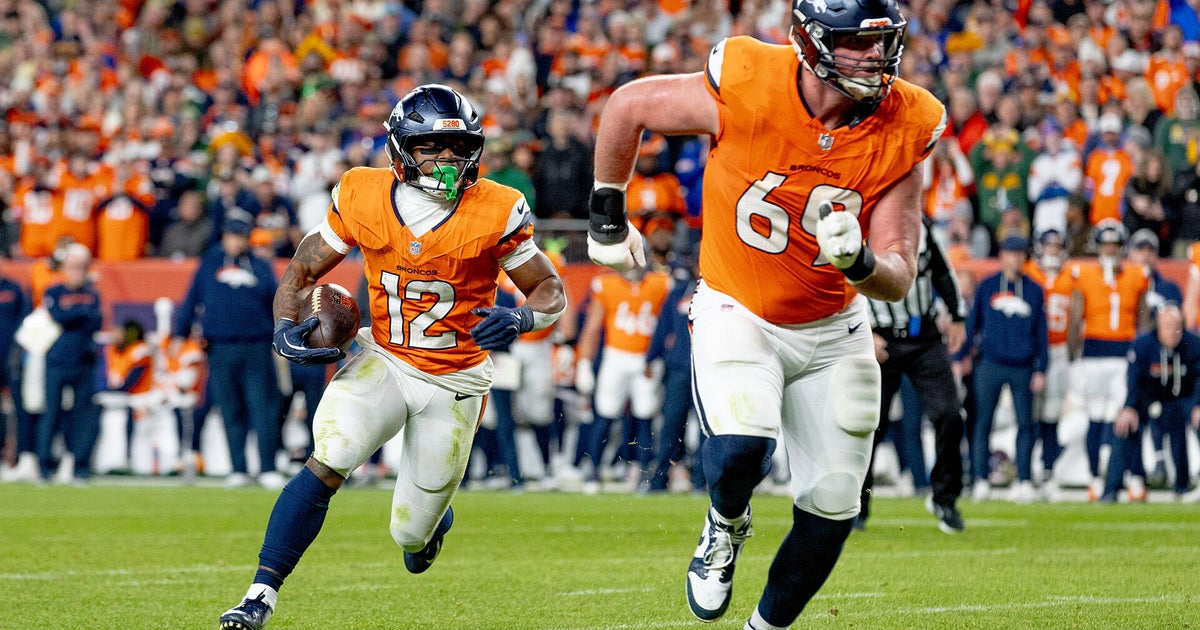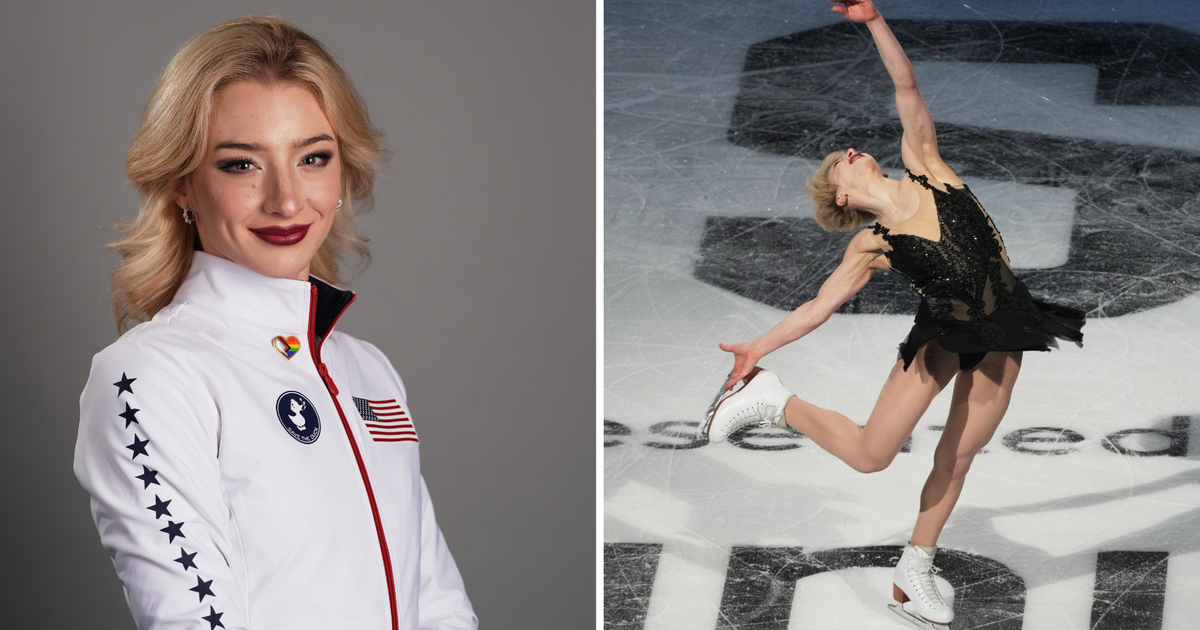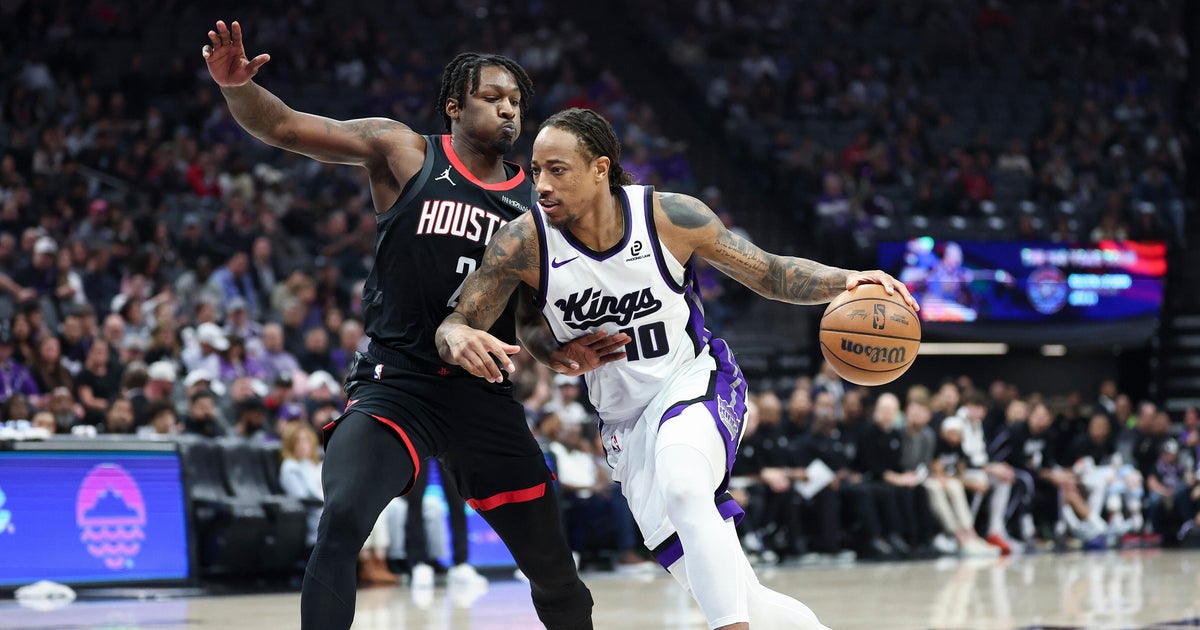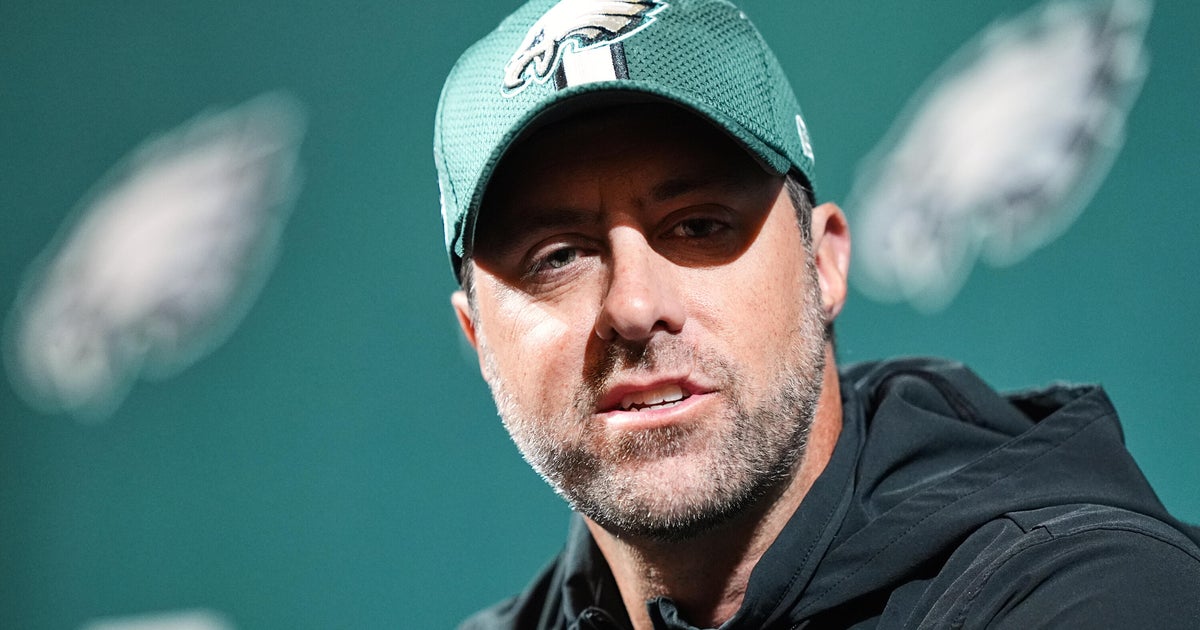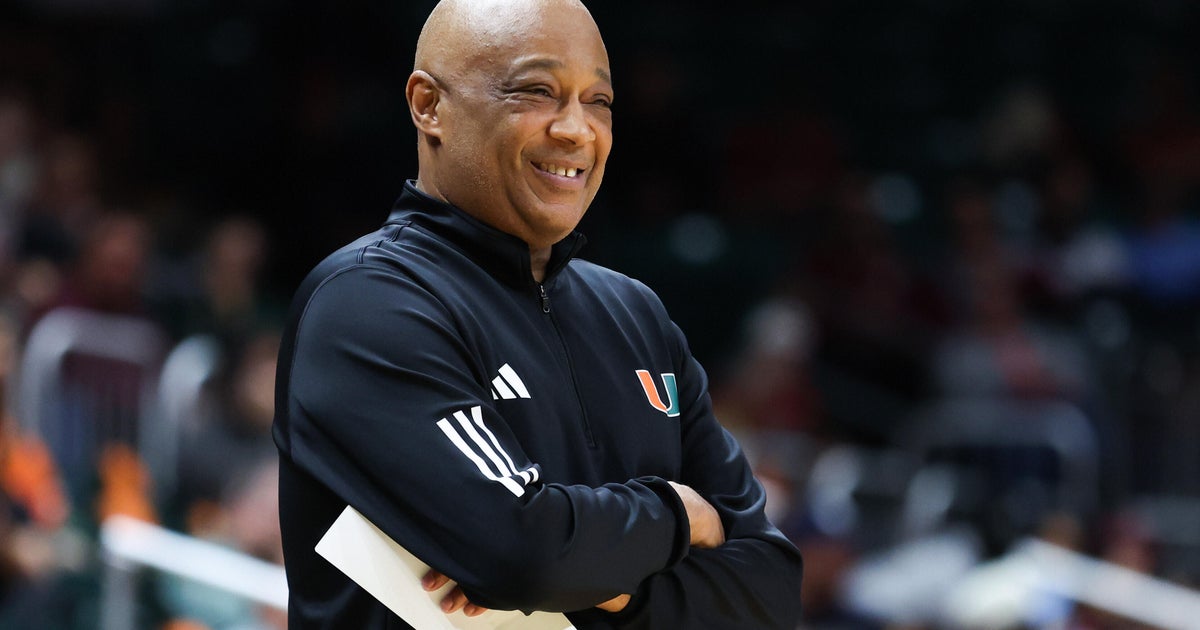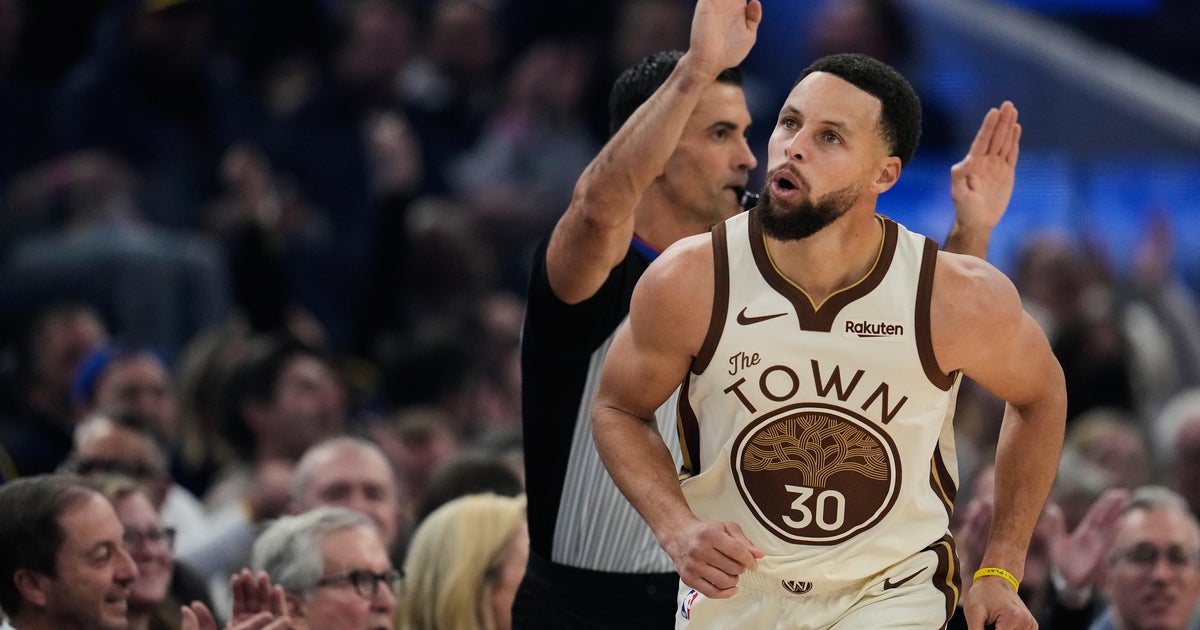Friedman: Criticism Of Islanders Prospect Reinhart A Classic Case Of Overanalyzing
By Daniel Friedman
» More Columns
Tuesday night's Memorial Cup bout with Val-d'Or didn't go very well for the Edmonton Oil Kings. Their team captain, Islanders prospect Griffin Reinhart, did something that happens to every player once in a while.
He had a bad game. He gave the puck away on the eventual game-tying goal and was on the ice when Val-d'Or scored the winner. Reinhart also caught grief for apparently looking disinterested and skating like he had a Zamboni on his back.
You would expect cooler heads to prevail because, after all, it was a rare poor performance by a player who has been otherwise quite good.
But that didn't happen. Instead, Reinhart wound up on the receiving end of an endless stream of criticism.
The most striking thing about this situation is that the negativity has come from both hockey and stats people, despite the fact that those two sides are further away from signing a peace treaty than North and South Korea.
We'll start with the on-ice observations. Reinhart's subpar outing on Tuesday sparked a fury of backlash. From fans, it was to be expected. From media members and scouts – that, I suppose, I didn't see coming.
Mark Seidel, a former scout, offered the following: "I wasn't sold on Griffin Reinhart in his Draft year and I'm STILL not convinced. No emotion or visible passion is a concern!"
Edmonton Journal columnist David Staples gave his own take: "I've seen this more than once…Reinhart lack of foot speed. Ouch." Added Staples: "I just don't get the hype."
I recall another player being criticized for lack of emotion and mediocre skating not too long ago. I think his name was John Tavares, or something like that. I've heard he's doing just fine these days.
"A lot of fans do know the game, but they say spur-of-the-moment things," Reinhart said. "I don't read too much into it. You can see a lot of it at world juniors, it even magnifies that much more. Athletes are used to it. Even the best player in the world will get criticized."
There's nothing wrong with maintaining an opinion of Reinhart that you've had since before he was drafted in 2012; you don't have to be sold on him. But don't overreact based on one game and say something dumb. How convenient to suggest that he has "no emotion" after a loss, and how moronic that sounds when considering his entire body of work.
I suppose Reinhart led the Oil Kings to the Memorial Cup and was named WHL playoff MVP by acting like a cold, emotionless robot. He must be a terrible leader; I'd be very concerned.
Just when you thought the discussion was over, it wasn't; the hockey talk was only a small-scale skirmish compared to what happened next. Things really started to get fun when mathematics entered the picture – not only because the analysis was on a "shoot me now" level of ridiculousness, but also because it perfectly highlighted the main reasons for this great tug-of-war that is currently being fought by hockey "purists" and stats junkies, particularly on the cyber-battlefield.
In light of Reinhart's bad game, a blog post from June 26, 2013 resurfaced – thanks to the efforts of Sportsnet's Tyler Dellow and, the man simply known around #IslesTwitter as "@garik16."
The writer hypothesized that "to be a regular NHL defenseman, you probably had to be an outstanding player in the CHL at both ends of the ice. Consequently, guys drafted for their 'defensive abilities' but couldn't score would make up the vast majority of early-round draft busts, at least when it came to defenders."
He then evaluated defensemen from a 10-year draft period, starting with 2008 and only including CHL rearguards in the data. The conclusion reached was that "while scoring in junior doesn't guarantee NHL success, not scoring in junior more often than not predicts NHL failure."
Never mind that the writer listed Thomas Hickey, now a regular NHL defenseman, as one of those failures. This was written last year so I'll give the benefit of the doubt.
The idea is that, since Reinhart's offensive production has steadily declined, the odds of him becoming a bust are "more likely than people think," as Dellow puts it.
I have several issues with this theory.
First off, scoring a power-play goal or getting an assist has nothing to do with your ability to read a 2-on-1, thwart a scoring chance or intercept a pass.
Second, somehow this theory doesn't apply to players in the NCAA or European circuits. How on earth does that make sense? Do those leagues play a different sport? Why doesn't their lack of production at those levels affect their NHL performance?
Third, it does not take context or underlying factors into consideration.
Reinhart played 14 less games this season than he did last season, finished with eight less points. You cannot definitively tell me he wouldn't have matched or eclipsed his point totals from the prior year had he not missed those 14 games, so the "declining points" theory is a bit flawed. I can tell you that he's produced at similar rates in the past. He had seven points in 12 playoff games just last year.
Additionally, there can be a multitude of reasons for a decline in production. We tend to assume that less points equals diminishing play, but this isn't always the case – especially with prospects that are developing. Has anyone even bothered to consider the possibility that maybe -- just maybe -- Reinhart's been focusing more on improving his all-around game and that's why his offensive numbers have gone down?
As for Reinhart's overall production, I'm not worried in the slightest. We can argue until doomsday about how one's production increased while the other's decreased, but Shea Weber averaged 0.47 points-per-game in the WHL; Reinhart averaged 0.53.
Forget what he was "supposed" to be or what the trend is for a second here. What is the direct correlation between point production and defensive ability? Why doesn't that same concept hold true in the NHL (or any other league besides the CHL, professional or amateur)?
Explain Marc Staal. Explain Marc-Eduard Vlasic, Kevin Bieksa, Dan Hamhuis, Nicklas Hjalmarsson and Josh Gorges. Hell, explain Ken Morrow then while you're at it. All very reliable defensemen, none are remarkable overwhelmingly gifted on offense.
It obviously depends on what else you bring to the table. If you're outstanding in your own zone, you're a major asset. If you're just decent without the puck but not that good with it, that's a very different story.
A more likely worst-case scenario for Reinhart is that he ends up becoming a similar player to those I just mentioned. Would that make him a bust even though he was selected No. 4 overall? I'd argue it wouldn't.
You don't have to score a lot to be a good defenseman -- at any level. And just because you don't score a lot in juniors, doesn't mean you can't or won't be a good defenseman in the NHL (or vice versa).
The main problem with this whole theory is that math is being taken into account before hockey. Stats and data are being used to predict that which cannot necessarily be predicted with the use of a calculator.
It's a good predictor of the future if the player in question is suspect defensively but if he is proficient in that area, then he's more likely to become Marc Staal than to bust.
People are going about this the wrong way. Don't say that "well, there's a trend, so it might apply to him." Watch him play, and then determine whether this trend is likely applicable to him or not.
This is why the debates over advanced stats continue to rage on. People often present these calculations as a replacement for on-ice observations, as if the two can be perfectly equated with each other.
If you're basing your opinion of Reinhart on some trend without even watching him play, you're doing it wrong. If I suggest that Sidney Crosby lost his composure after the second period of Game 6 against the Rangers and you respond by throwing Corsi at me without presenting any other context, that's not reasonable. Analytics and data need to be used to supplement that which we see on the ice – not to replace it.
Trends or numbers on their own cannot always predict hockey, nor can they necessarily prove cause and effect.
I'm not worried about some skewed, unrelated trend. I'm worried about what traits a player has, what abilities he has and whether or not he can make it work. Reinhart has what it takes.
He's positionally sound, quite good at shutting down opponents, makes a good first pass, has a cannon of a shot and can move the puck around better than people think. The tools are all there and, by association, so is the potential.
I would never say that he's a slam-dunk, because the possibility of failure always exists. However, with regards to Dellow and others, I do question their deduction methods.
Odds don't really exist here, if you think about it. Reinhart can either play or he can't, and we'll have a much better understanding of which one applies to him once, you know, he actually plays in the NHL. To sit there calculating the odds of success or failure based on some trend is absolutely ridiculous.
If he ends up being a bust, it'll have nothing to do with some trend. It'll have to do with issues or flaws in his specific case.
What Alex Plante or Cam Barker did or didn't do is irrelevant, because he is neither of those two players. There is always a degree of uniqueness that separates one prospect from another, current or former.
Meanwhile, Reinhart was extremely close to being in the Islander lineup on opening night this past season and was very impressive throughout training camp. In fact, he's impressed everywhere along the line.
What we have here is a classic case of overanalyzing. Reinhart is under the microscope and everyone's trying to pick apart his game every which way. It's a complete and utter waste of time – an exercise in futility.
All this talk, all this criticism is very shortsighted and premature. Let the kid's game speak for itself.
Follow Daniel Friedman on Twitter @DFriedmanOnNYI
You May Also Be Interested In These Stories


